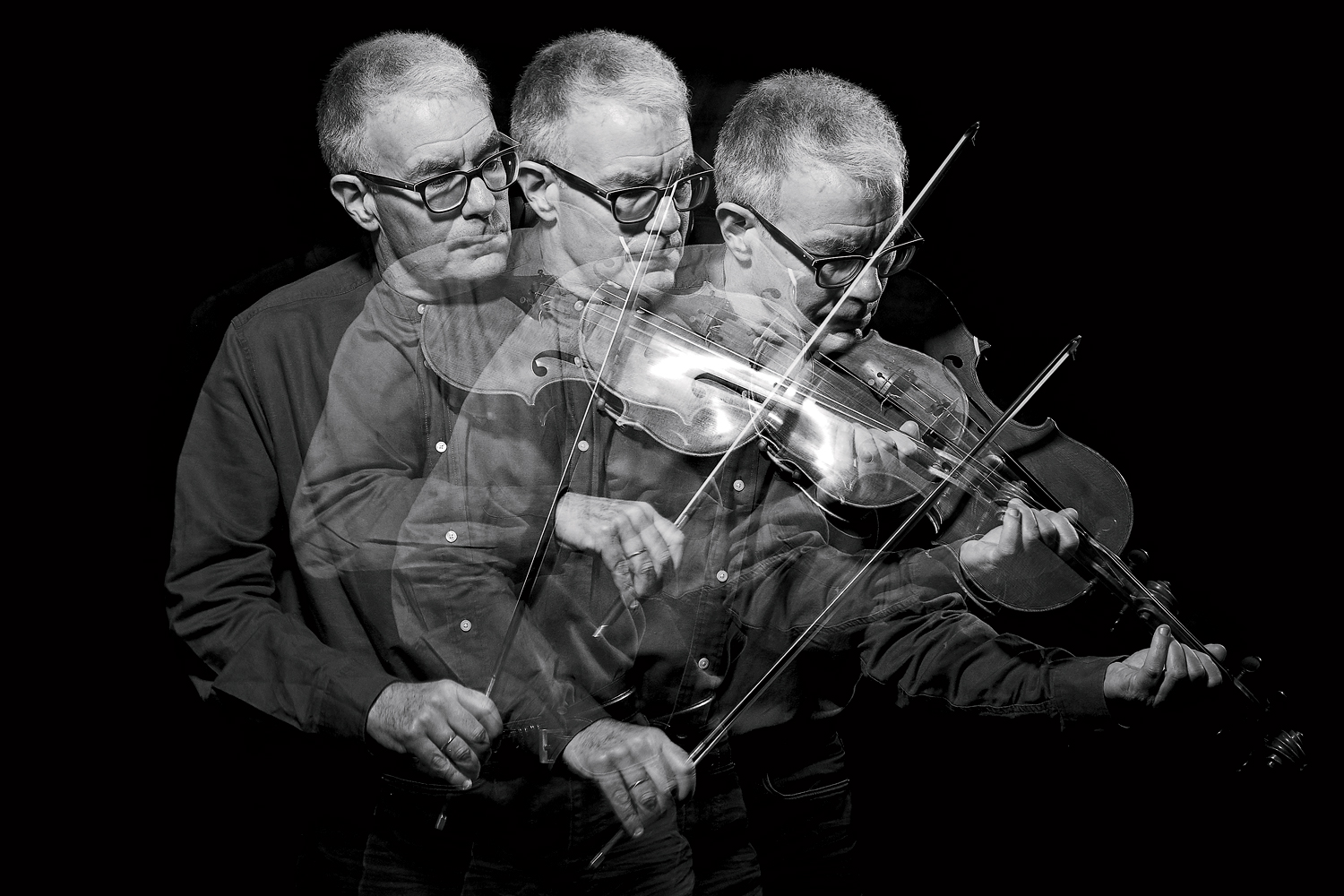It’s rare for a major symphony orchestra to play a piece composed by one of its members. But from March 22 to 24, the Chicago Symphony Orchestra will do just that, performing the world premiere of violist Max Raimi’s Three Lisel Mueller Settings. The 15-minute work features poetry by Lisel Mueller, a 94-year-old Edgewater resident who won the Pulitzer Prize in 1997. Here, Raimi recounts his career as a performer-composer (and vice versa).
Have you always been a composer?
I’ve been writing music all my life. But in school I only studied performance. At summer camp, at Interlochen [in Michigan], I took a composition class, and everybody made fun of me because I was writing music that was melodic.
This is your first piece for a subscription concert. How did that come about?
I owe it all to the University of Michigan fight song. I wrote an arrangement for [the CSO] to play in Ann Arbor. If you can’t get a standing ovation with “The Victors” in Ann Arbor, you really suck. Apparently, Maestro Muti was taken with it, and he said, “You must show me some of your music.” A couple of months later, he called me into his dressing room and said, “Will you write a piece?”
How did you first encounter Lisel Mueller’s poetry?
They printed one in the New York Times when she won the Pulitzer—“Small Poem About the Hounds and the Hares”—and it just grabbed me. I bought her book and devoured it. When I seized on the idea of setting some of her poems to music, I called her publisher to sort out the copyright issues and I found she was practically a neighbor. At the time, I lived in Wilmette, and she lived in Lake Forest. I wrote her, and she wrote back a very gracious letter. She’s had an extraordinary life. She was born in Hamburg. Her father was part of the opposition when Hitler came into power. He was not Jewish, but because he was left wing, he was sent to a concentration camp. They managed to flee to Switzerland. Some friend of his had a connection at a university in Evansville, Indiana, so at the age of 15 she ended up there.
Why don’t composers perform very much these days?
I think it was the rise of the university system for educating musicians. Until the middle of the 20th century, the great composers were also the great performers: Beethoven, Mozart, Mendelssohn. It’s a real loss when people are not into the nuts and bolts of what they’re asking the performers to do.



